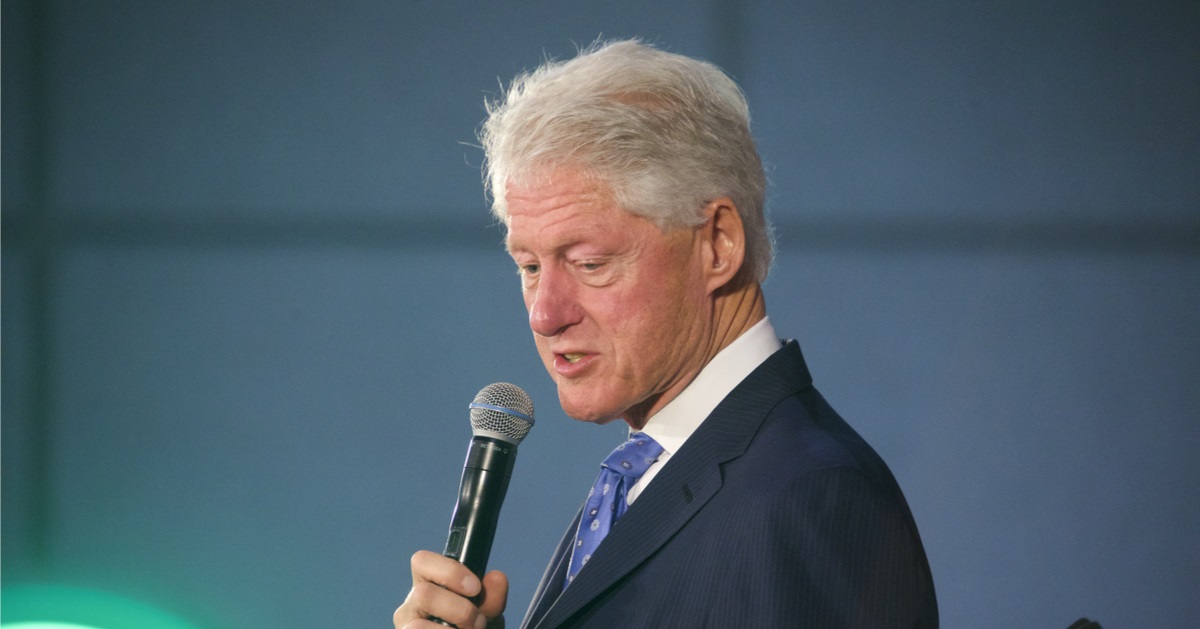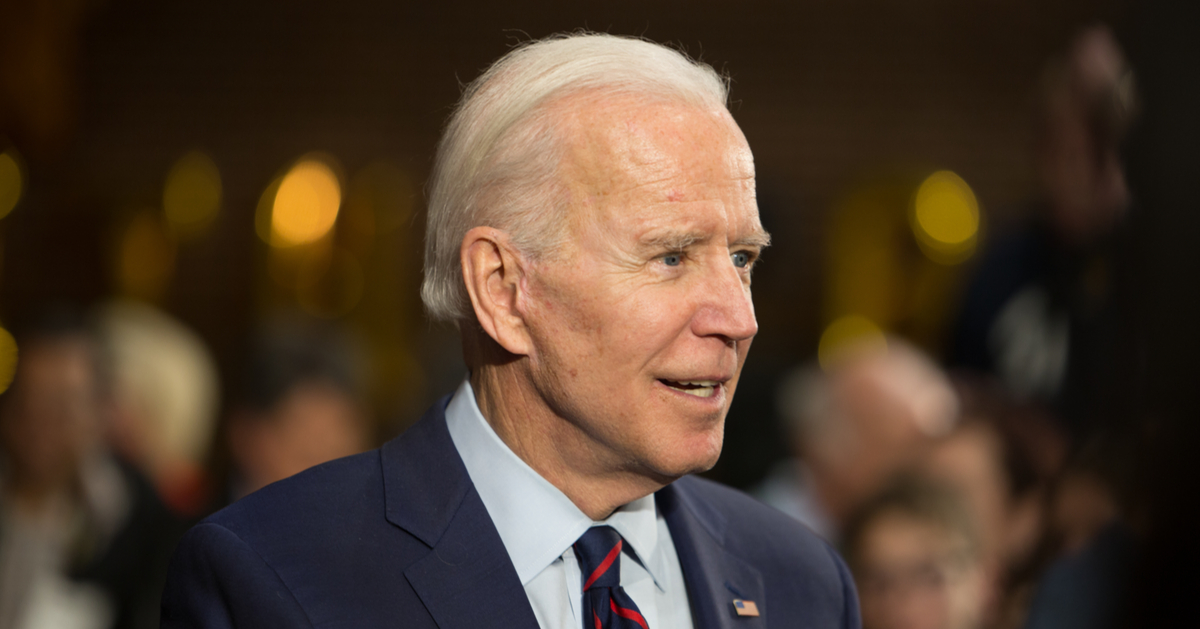Supreme Court issues 5-4 mixed ruling on Arizona law requiring proof of citizenship for voter registration
The U.S. Supreme Court just issued a split decision and mixed ruling on an election integrity law in Arizona, in which one of the court's nominal "conservative" jurists sided with their "liberal" colleagues.
In a 5-4 decision, the Supreme Court ruled that Arizona can enforce a law that requires prospective voters to show proof of citizenship when registering on state forms but can't enforce that requirement on standard federal voter registration forms, Newsweek reported.
That four-member minority, which would have blocked the state from enforcing the proof of citizenship law in its entirety, was comprised of the court's three left-leaning members -- Justices Sonia Sotomayor, Elena Kagen, and Ketanji Brown Jackson -- plus right-leaning moderate Justice Amy Coney Barrett.
Requiring proof of citizenship for voter registration
At issue here, according to SCOTUSblog, was an election integrity law passed in 2022 by the Republican-led Arizona legislature that required all would-be voters to provide documentary proof of citizenship when registering to vote in the state, whether by way of the standard federal form or a state-specific registration form.
The Biden-Harris administration, along with left-leaning voter rights advocacy groups, sued to block the law on the claim that it was superseded by the National Voter Registration Act of 1993, which requires prospective voters to attest under penalty of perjury that they are eligible U.S. citizens but does not require documentary proof of their citizenship claim.
They also argued that a 2018 consent decree between the state and federal government prohibited Arizona from changing the laws to require proof of citizenship for voter registration, and last year a district court judge agreed and barred the state from enforcing the law in its entirety.
The state's Republican lawmakers and the Republican National Committee intervened on behalf of the Democrat-led state to appeal that decision, and while an initial three-judge panel of the 9th Circuit Court of Appeals ruled in July that the law could be enforced for the state-specific registration forms but not the federal forms, a second panel overruled their colleagues earlier in August and reinstated the district court's order blocking enforcement of the entire law.
Court issues a mixed ruling
The decision from the second 9th Circuit panel led to an emergency appeal from Arizona's GOP legislators and the RNC, given approaching deadlines for this year's election cycle, and the Supreme Court agreed to consider the matter on an expedited basis, per SCOTUSblog.
In the order issued on Thursday, the high court essentially reimposed what the first 9th Circuit panel had done -- allow Arizona to enforce its proof of citizenship requirement for the state-specific voter registration forms but continue to bar enforcement of the requirement as it pertains to the federal NVRA form.
The order contained no explanation for the decision but did note that Justices Clarence Thomas, Samuel Alito, and Neil Gorsuch, arguably the court's most conservative members, would have allowed Arizona to fully enforce the law while Justices Sotomayor, Kagen, Jackson, and Barrett would have denied the appeal and left the law completely blocked.
Decision a monumental victory or death of democracy, depending upon partisan perspective
The Arizona Republic reported that Arizona House Speaker Ben Toma (R) said the ruling was "a step in the right direction" but promised to keep fighting in the courts and said, "I look forward to continuing this litigation in the 9th Circuit to vindicate all of Arizona’s common sense voting laws and eventually bringing this case before the Supreme Court for a full merits review."
RNC Chairman Michael Whatley said, "While Democrats have worked to undermine basic election safeguards and make it easier for non-citizens to vote, we have fought tooth and nail to preserve citizenship requirements, see the law enforced, and secure our elections," and added, "The Supreme Court has sided with the RNC, and the American people, to protect the vote in November."
Arizona Democrats, meanwhile, acted as though the mixed ruling represented the "latest blow to democracy" and accused Republicans of being motivated by racism in their efforts to ensure that only eligible U.S. citizens are allowed to register to vote -- which is actually the law both federally and in the state.
As for the Democratic state leaders, they signaled that they would, albeit begrudgingly, adhere to the court's ruling as it pertains to enforcing the proof of citizenship requirement for state registration forms but not federal forms, and made sure to note that the estimated 42,000 Arizonans who were previously registered to vote federally without having provided proof of citizenship would still be permitted to cast ballots.



